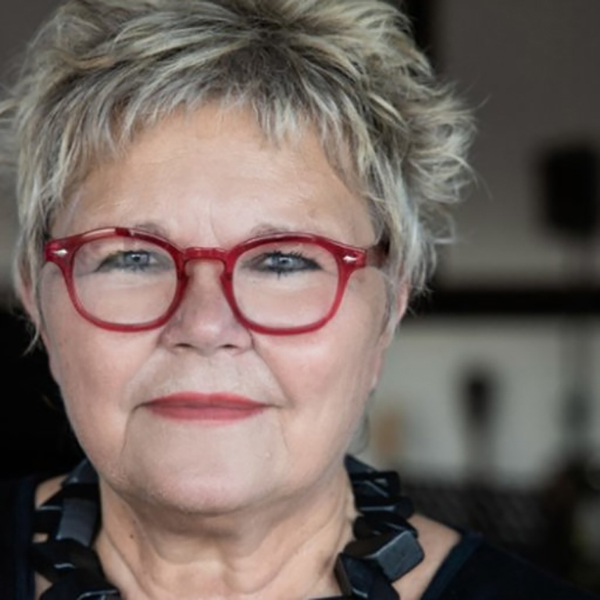Community media gives a voice to communities and allows them to define their path. It operates in the interests of the community it serves and creates a platform for freedom of expression.
Community media can lead to change and transformation within communities, but to do so, it needs a supportive and clear legal framework.
The importance of community media should not be underestimated. It is recognised as the third media sector, after public and commercial media. It promotes human rights and the rights of women and minorities.
It is also invaluable in promoting development and democracy and as an indicator of a plural and diverse society. So, what is community media? In simple terms, it can be defined as media of, by and for a community.
When the community media movement started, it was exclusively radio. Although this remains the most popular medium, more stations today broadcast via the FM band and different digital and online services.
Key characteristics of a community radio station are that it is two-way and not-for-profit. It also requires the essential ingredients of community media: participation, community ownership and management, community context, production of local issues, use of local languages, celebrating local culture and strengthening local identities.
Communities trust their radio stations and follow their suggestions and recommendations. This makes community radio far more powerful than any other type of media. The influence of community radio was analysed by impact assessments in various communities.
The findings show that dramatic changes have occurred, for example: After an intense two-year community radio debate, genital mutilation was significantly reduced in a Massai community in Tanzania; In a Mozambique community, 300 annual cholera deaths transformed to zero due to messages spread on community radio stations; Sexual harassment, incestuous relationships, rape and defilement dramatically reduced among a community in Kenya following the advent of a community radio station.
These are a few examples of the numerous transformations in communities across sub-Saharan Africa, where community-owned and community-run stations are found. It is important to note that these changes don’t occur through ordinary local stations or in situations where the community does not trust the station.
For transformation to occur, the community must consider the radio theirs and the programmers reliable. Despite its positive contribution, community radio faces many challenges. The first is the enabling environment, which includes the legal framework, licensing procedures, fees and taxation.
Governments set these framework conditions, and individual stations have no control over them. Unaffordable licenses and fees threaten the survival of community radio. These stations cannot survive in a national media landscape without special licenses and low annual fees. In many countries in sub-Saharan Africa, such legal frameworks do not exist or are not correctly implemented.
The African Commission on Human and Peoples’ Rights (ACHPR) in their Declaration of Principles on Freedom of Expression and Access to Information in Africa stresses ways in which states can secure an enabling environment for community media.
However, the absence of a framework for small community media in many countries leads to arbitrary and politically motivated decisions when granting licenses, lengthy application procedures, costly taxes and license fees.
Frequency allocation is another hurdle to overcome, as limited space is available on the radio frequency spectrum. The ACHPR Declaration recommends: States shall allocate a fixed percentage of available radio frequency spectrum to community broadcasters to encourage diversity.
However, this is not effectively implemented. Once a community station has overcome these challenges and the enabling environment is in place, it can then focus on building social, organisational and financial sustainability. Community radio can bring about radical change but requires local champions willing to fight for it.
*Birgitte Jallov is an international media development professional who has worked with community media globally for a lifetime. Birgitte works out of her initiative EMPOWERHOUSE. Fesmedia Africa and its partners are hosting a two-and-a-half day regional conference on Information and Communication Rights in Africa from 31 May to 2 June 2023 in Windhoek, Namibia.


